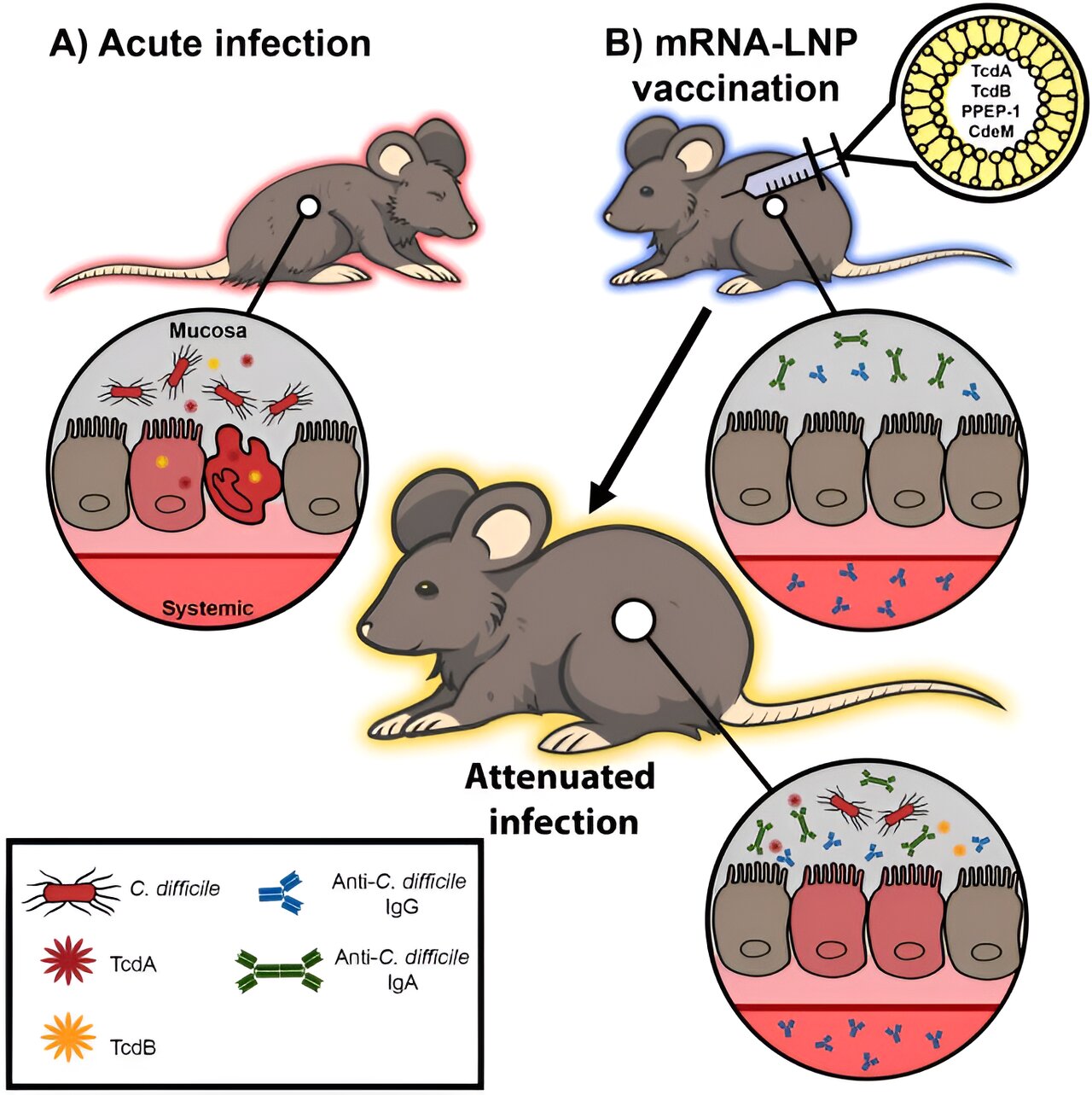A new screening method that combines laser analysis with a type of AI is the first of its kind to identify patients in the earliest stage of breast cancer, a study suggests.
The fast, non-invasive technique reveals subtle changes in the bloodstream that occur during the initial phases of the disease, known as stage 1a, which are not detectable with existing tests, the team says.
Researchers at the University of Edinburgh say their new method could improve early detection and monitoring of the disease and pave the way for a screening test for multiple forms of cancer.
Standard tests for breast cancer can include a physical examination, x-ray or ultrasound scans or analysis of a sample of breast tissue, known as a biopsy. Existing early detection strategies rely upon screening people based on their age or if they are in at-risk groups.
Using the new method, researchers were able to spot breast cancer at the earliest stage by optimising a laser analysis technique — known as Raman spectroscopy — and combining it with machine learning, a form of AI.
Similar approaches have been trialled to screen for other types of cancer, but the earliest they could detect disease was at stage two, the team says.
The new technique works by first shining a laser beam into blood plasma taken from patients. The properties of the light after it interacts with the blood are then analysed using a device called a spectrometer to reveal tiny changes in the chemical make-up of cells and tissues, which are early indicators of disease.
A machine learning algorithm is then used to interpret the results, identifying similar features and helping to classify samples.
In the pilot study involving 12 samples from breast cancer patients and 12 healthy controls, the technique was 98 per cent effective at identifying breast cancer at stage 1a.
The test could also distinguish between each of the four main subtypes of breast cancer with an accuracy of more than 90 per cent, which could enable patients to receive more effective, personalised treatment, the team says.
Implementing this as a screening test would help identify more people in the earliest stages of breast cancer and improve the chances of treatment being successful, the team says. They aim to expand the work to involve more participants and include tests for early forms of other cancer types.
The study is published in the Journal of Biophotonics. Blood samples used in the study were provided by the Northern Ireland Biobank and Breast Cancer Now Tissue Bank. It also involved researchers from the University of Aberdeen, the Rhine-Waal University of Applied Sciences and the Graduate School for Applied Research in North Rhine-Westphalia.
Dr Andy Downes, of the University of Edinburgh’s School of Engineering, who led the study, said: “Most deaths from cancer occur following a late-stage diagnosis after symptoms become apparent, so a future screening test for multiple cancer types could find these at a stage where they can be far more easily treated. Early diagnosis is key to long-term survival, and we finally have the technology required. We just need to apply it to other cancer types and build up a database, before this can be used as a multi-cancer test.”

